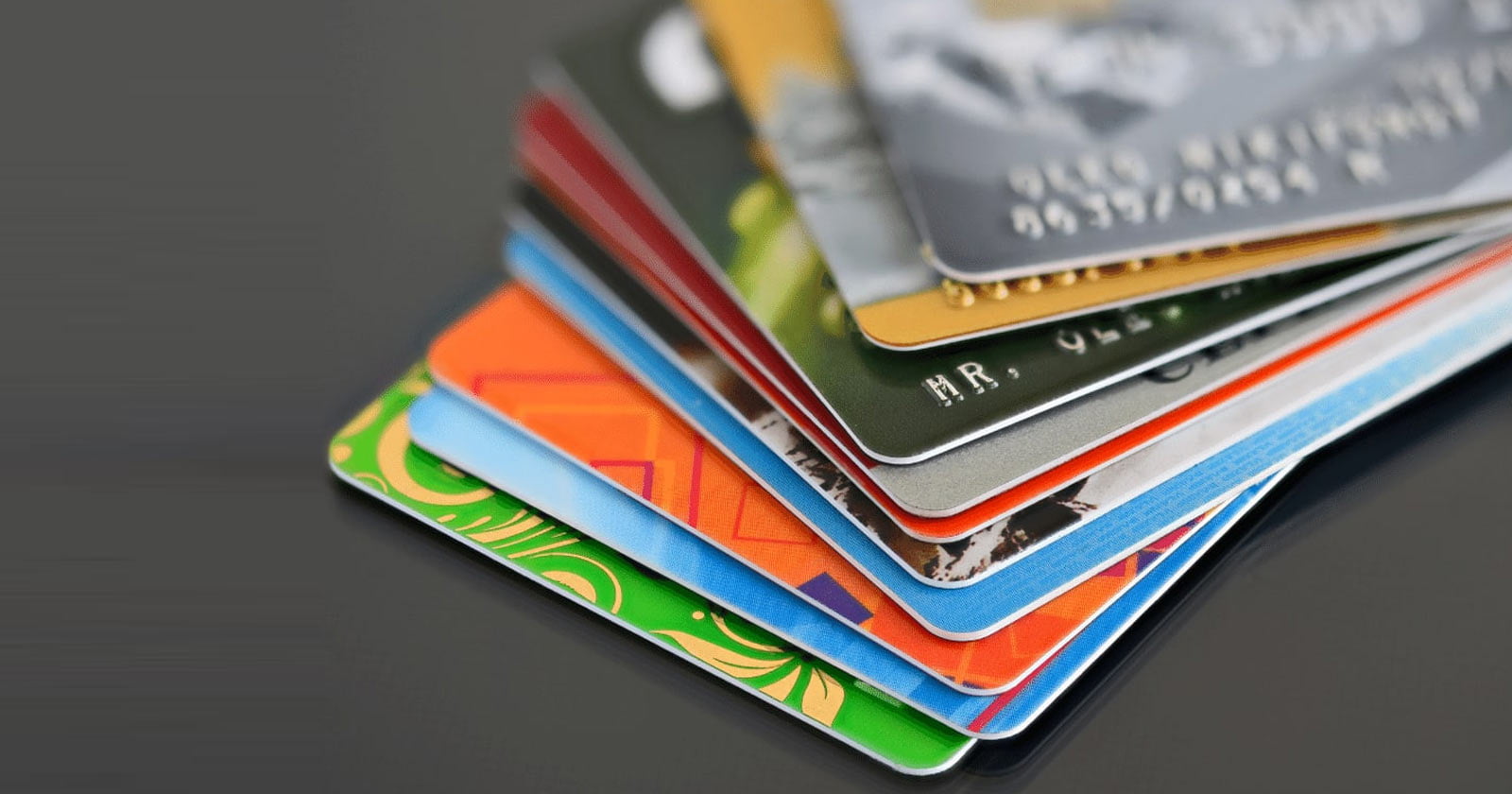Unveiling Hidden Charges In Credit Cards: An Eye Opener to CC Holders

Unveiling Hidden Charges -Hidden Charges – Credit Cards – Eye Opener to CC Holders – taxscan
Unveiling Hidden Charges -Hidden Charges – Credit Cards – Eye Opener to CC Holders – taxscan
In a world where various types of credit cards are marketed to consumers through attractive offers, it’s easy to be overwhelmed by the deals of credit cards. The thing is that most credit card(CC) holders don’t know about the proper usage of it.
A CC is a payment card that allows cardholders to make online and in-store purchases on credit in the absence of ready cash. Mostly CCs are issued by financial institutions which include banking and non-bank financial institutions. The Financial institution provides the CC based on card applicants’ credit history and other factors such as income.
There are various types of CCs and there would be a credit limit for the usage. Nowadays many cards allow both domestic and international transactions. There are other utility services like bill payment rent payment etc. Even though the CCs serve as a great source for purchases and earning rewards, there are some hidden charges.
Credit Cards (CCs); Who is the Real Benificiary?
Financial Institutions claim that credit cards are free, still there are few hidden charges attached to the cards. Credit cards indeed serve as a powerful tool for managing finances, but the hidden charges of these cards are exploiting the cardholders. To avoid these costs, the cardholder must understand the fees associated with your credit card before opting for one.
“Some of these might not even apply to your card, and if you're proactive, you can fully avoid them. Most commonly, high-end rewards credit cards with annual fees include travel, business, credit cards for those with terrible credit, and reward cards for those with fair or restricted credit," said Amit Gupta, MD, SAG Infotech.
- Maintenance Charge
The CC holders have to pay an annual maintenance fee every time they renew their credit card. Even though many banks provide a waiver of the Annual fee on certain conditions, it is better to enquire about it well in advance.
In most cases, the joining fee and the annual charge have been waived for a period of one year but may be applicable from the following year. These charges may be of huge some and it may vary according to banks.
- Cash Advance Fee
A cash advance facility is provided by Financial Institutions to withdraw a certain limited amount from an ATM using your credit card. In emergencies, most of the CC users choose to withdraw money from CC through ATMs which have hefty charges levied.
The charge for the cash advance is 2.5% of the cash advance amount. The cash withdrawal also comes with finance charges that are charged instantly, even during the interest-free period. It is better not to encourage cash withdrawal from CC as it would create a huge burden on the cardholder.
- Late Payment Charge
A late payment fee is charged on the outstanding amount when the minimum amount is not paid by the due date. The fee varies according to the amount that is paid off, and it differs from bank to bank. The late payment fee in most cases increases as the balance amount to be paid becomes higher. This charge can be avoided by payment of credit card bills on time
- GST Charge
All credit card transactions are subject to Goods and Service Tax (GST) which are charged at 18 per cent of the credit card fees.
- Foreign Transactions
Credit card schemes normally operate at an international level too, which allows the cardholders to make purchases at the place of business of merchants in another country. Even though most leading credit card providers allow foreign transactions, there are additional fees on it. A percentage of the transacted amount is converted into rupee and levied as the fee. The foreign transaction fees are usually charged at 3% to 5%.
- reward redemption fee
Rewards often attract CC holders, but the charges that come with their redemption are not known to everyone. Banks charge their customers for redeeming reward points even when the reward is a product or voucher, as this was not known to every CC holder as it was not mentioned in all terms and conditions.
- Interest rate (APR)
The Credit card bill for every month will show the total amount that is due and the minimum payable amount, which attracts the customer to choose to only pay the minimum payable amount assuming that the rest can be paid later. Most of the Cardholders following the practice end up in a debt trap.
- Overdraft Fee
Some Credit cards allow customers to overdraft facilities which also have additional charges. The Additional charges are imposed on Customer who exceeds the monthly credit limit that applies to their credit card.
A credit card is the easiest way to get easy access to credit. These cards are not linked to your bank account, so money does not go out from one’s account each time one swipes. Credit cards are extremely beneficial as they provide EMI facilities and other rewards. The proper and well-managed use of credit cards helps to increase credit score
Support our journalism by subscribing to Taxscan premium. Follow us on Telegram for quick updates


